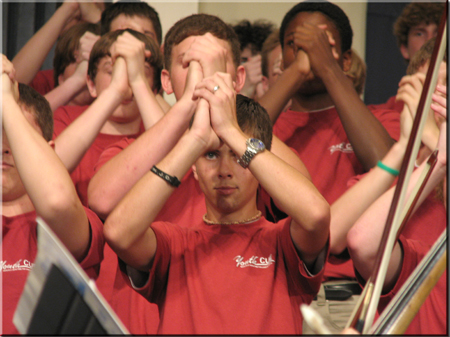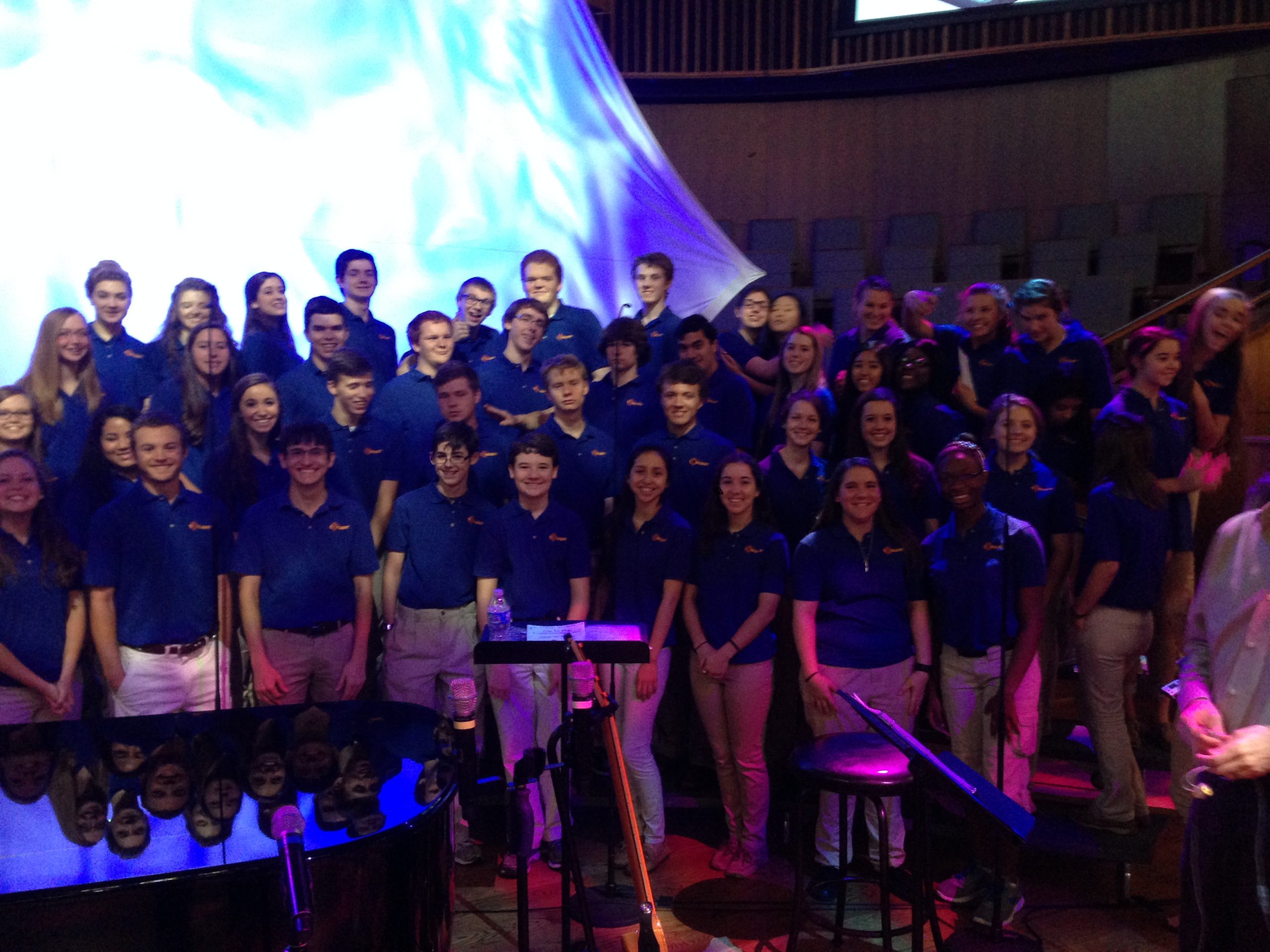The Little Things can be HUGE! In the third installment of the “last” mission trip we will hit on some relatively small things that help to make the tour run more smoothly. Some of these things you have likely done yourself, but if they are new to you, you might give them a try. TOUR BANK We have a CPA who is a sponsor for the high s…
The Little Things can be HUGE!
In the third installment of the “last” mission trip we will hit on some relatively small things that help to make the tour run more smoothly. Some of these things you have likely done yourself, but if they are new to you, you might give them a try.
TOUR BANK
We have a CPA who is a sponsor for the high school choir tour. He is charged with managing the student’s personal money.
Before we leave on the tour, parents will give him an envelope with money in it and the student’s name on the outside. He will dole the money out to the students from their total as the tour progresses.
That way, a kid doesn’t go through his/her money too fast.
Each evening, just before our “Together” time the bank is open for 20 minutes before and then a few minutes after the meeting. Further, should a student run out of money the banker knows; and then we can respond appropriately. (calling parents for permission to loan their child some money, etc.)
Finally, then on the last night of the tour all remaining funds are given to the students from their totals.
FAMILIES
Every adult and every student on the tour is assigned to a small group called “Families”—there are work families, fun families, and concert families.
Each family has two adults leading them and responsible for them. This creates instant accountability so that no one is missing when departure times come.
Having three different teams for the different functions help to coordinate team arrivals at the right time.
For example, if Gretchen and Chris’ family is assigned to setting up risers, instruments, and sound equipment—that team leaves earlier for concerts.
Additionally, it gives you an easy way to assign teams for clean up, or loading baggage, picking up food, etc. These can easily be tailored to meet your particular need for a particular tour.
CLOTHING NUMBERS
Each day on tour we dress alike. It makes for easy identification of your group when you are in public area, and it creates instant questions “Where are you from and what are you doing here?”
A great chance to give a word of testimony.
However, dressing alike creates a clothing nightmare. Two of our adult sponsors are assigned to laundry and clothing care. The previous day’s clothing is washed every morning.
We assign clothing numbers beginning with 100 for Freshmen, 200 Sophomores, 300 Juniors, 400 Seniors, 500 University, 600 Adults.
That way, every time we organize clothes or find a shirt still hanging on the rack, we know the shirt’s owner.
Some of the teams must have work clothes to keep from spoiling the tour clothing. We offer to wash those as long as they use the numbering system in their clothes.
Some parents, especially for younger students, put their number in ALL the clothes that they take—just to help insure that the clothes return at the end of the trip.
Finally, if you have 7-12 you may need a different numbering system, but it still should work: 100 for 7th grade, 200 for 8th grade, etc.
TOUR BOOK CONTENTS
Other writers have tackled the advantages of having a comprehensive tour book and I think most directors depend on those. For no other reason than it keeps you from answering the same question time and time again it is valuable!
I tell my choir that if they ask me a question, whose answer is in the tour book they know that I will say, “Check your tour book, it is in there.” Since they are supposed to have their tour book with them at ALL times, except in the shower, no one dares say, “But I don’t have my tour book.”
Contents include:
Addresses for every single tour event (for the GPS in the vans), flight schedules, housing locations, ALL behavioral guidelines (Rules), cell phone use guidelines, room numbers, shirt numbers, all three van assignments, mission projects, daily schedules, campus or city map, devotions for each day, all student cell phone numbers, all sponsor cell phone numbers.
I know what you are thinking, that is a lot of decision making that has to be done in advance. You would be right in that assessment, but I would rather decide the details of the daily schedule for the third day of tour WEEKS ahead, instead of having kids and adults surrounding me asking me what we do NEXT!
SIGNED RULES
We have two levels of rules for mission trips.
First list, violation of any one of those rules WILL result in the student returning to Houston on the next flight at their parent’s expense.
The second list are rules that result in the loss of free time while on the trip.
Example of a rules on the first list: out of your room after curfew, guys in girls rooms, etc.
Rules on the second list in include: chronic tardiness to the van or meetings, not immediately responding to correction from an adult sponsor.
Every student and every parents signs the list of rules. A copy of the signed list remains at the church and a copy goes with us on the trip. In case anyone needs a reminder of what they agreed to before we left.
Finally, if someone violates the rules they received the specified punishment—NO exception.
SPREAD THE WEALTH
We all have the advantage of wonderful adults to travel with us on these trips.
This year we are doing something we have never done before. Previously, there was ONE PERSON (usually me) who had all of the money that was needed for all of the trip. When an adult needed to buy food for a group of kids, they came to me to get the money.
This year is different.
Three weeks prior to the trip we gave every adult going an expense check. The amounts are all different based on the financial responsibility that they each have.
For example, work team leaders pay for all the supplies for their teams (say $1500), the van navigators pay for all of the food for the team (say $750), and on and on. But everyone has a minimum amount ($500) to cover expenses while on location.
What this has allowed us to do— sponsors can customize their financial responsibilities to how they are comfortable with spending.
Some are cashing the check, using cash only and saving receipts (that part is essential!); others are depositing the check and using their credit card or debit card for expenses.
Upon returning, everyone either turns in receipts totaling the amount they were given or they turn in remaining funds with the receipts used. This makes it so much easier for meeting the financial needs on the trip.
More tour ideas coming in the NEXT installment.
Randy Kilpatrick
CUE web
June 9, 2016.










